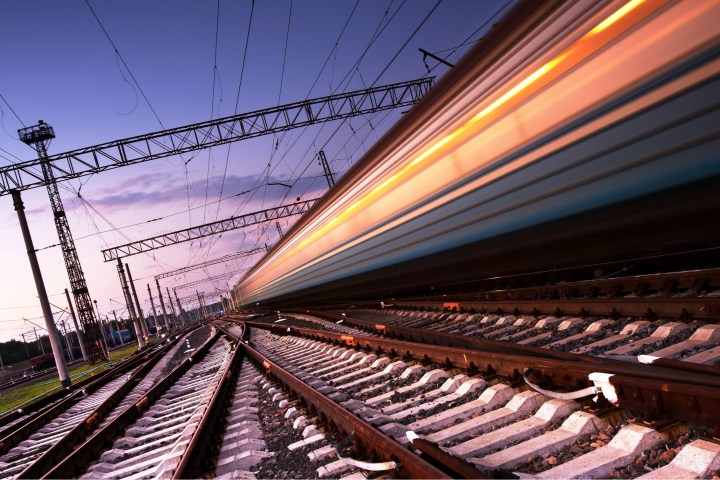
The state-run locomotive system displayed the train, known as the Diesel Electric Multiple Unit (DEMU), on July 14. While the unit, and others like it, will still be pulled by a diesel-powered locomotive, the new rooftop solar panels will power the onboard lights, fans, and information display systems within the passenger coaches. These solar panels will replace the diesel generators on each coach. The DEMU was designed by Noida-based Jakson Engineers, under the guidance of the Indian Railways Organization for Alternate Fuels (IROAF).
Indian Railways plans to retrofit a fleet of existing trains, each with 16 solar panels to replace the diesel generators traditionally used to power the coach amenities and appliances. Based on current projections, six solar powered coaches alone could potentially save Indian Railways roughly 21,000 liters of diesel and almost $20,000 annually. The company plans to use the first DEMU on the suburban railway network in New Delhi. Once fully implemented, the company believes this program will save it more than $6 billion over the next decade.
Indian Railways operates roughly 11,000 trains each day, and spends nearly $2.5 billion annually on diesel alone (or roughly 70 percent of its total fuel expenditures). With these massive figures in mind, the company has an ambitious plan to incorporate solar power to its locomotive network. By the end of the decade, Indian Railways hopes to produce nearly 1,000 megawatts (MW) of solar power and boost this total to 5,000 MW by 2025.
That said, the company certainly has some work to do if it plans to meet these lofty clean energy targets. The company has only installed roughly 16 MW of solar capacity at the moment. However, there are plans to create nearly 255 MW of additional rooftop solar capacity and another 250 MW of land-based solar power in the future. With one of the largest rail operators on the planet taking a major step towards clean energy, we can only hope other companies will follow suit.


